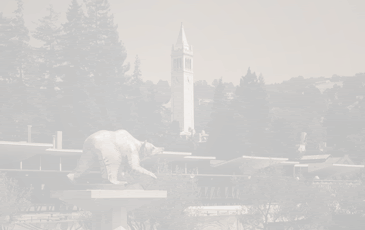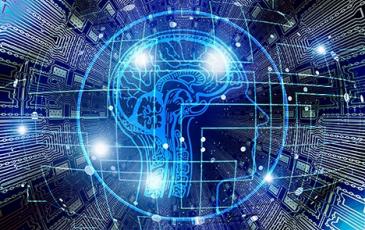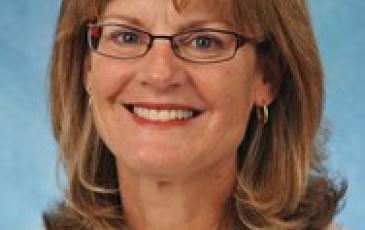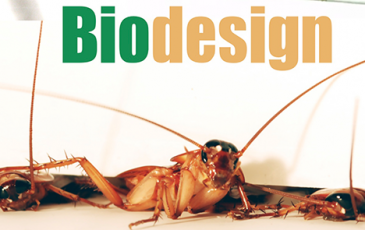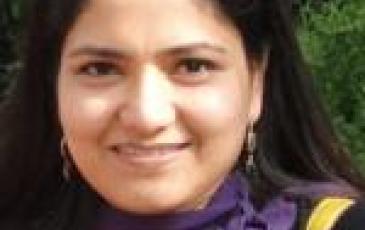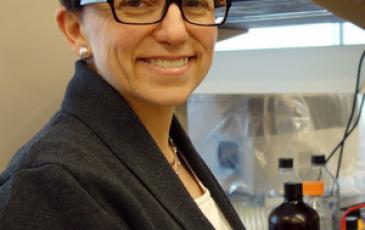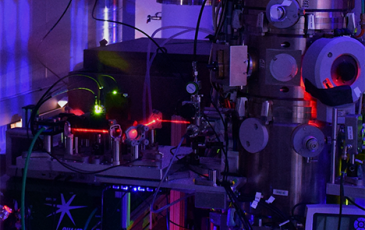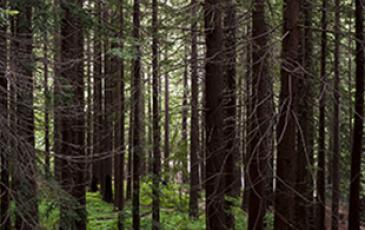The energy-information nexus has become a key tool and research area in efforts aimed at decarbonizing energy systems, enabling and operating the 'smart grid', which I will argue encompasses the utility-scale system, mini-grids, and off-grid energy systems. In this talk we will review a range of theoretical models and practical tools where data science, machine learning, and human-machine...
Past PMB Seminars
For a schedule of all Plant & Microbial Biology events, seminars, and lectures visit our calendar.
Stuart Russell: Science Lecture - Artificial Intelligence and the long-term future of humanity
The news media in recent years have been full of dire warnings about the risk that AI poses to the human race, coming from well-known figures such as Stephen Hawking and Elon Musk. Should we be concerned? If so, what can we do about it? While some in the mainstream AI community dismiss these concerns, Professor Russell will argue instead that a fundamental reorientation of the field is required...
Robert Full: East Bay Science Cafe - Bioinspired Design
As human technologies take on more of the characteristics of Nature, Nature becomes a better teacher. The field of Biologically Inspired Design is becoming a leading paradigm for the development of new technologies. BioMotion Science has figured prominently in advancing our understanding. Geckos climbing with hairy toes has resulted in new adhesives. Insects running and squishing through cracks...
Nidhi Rawat: Buchanan Lecture: Fusarium graminearum: Can we really outsmart the sly pathogen?
Nidhi Rawat. Genetic resistance to pathogens is the most crucial strategy to overcome this challenge. Using Fusarium graminearum as a model, we are investigating the broad-spectrum strategies that the plants use to resist the pathogen spread.
Natividad "Natacha" Ruiz: Powering LPS transport across the bacterial cell envelope with ABCs
The Ruiz lab is involved in research to understand envelope biogenesis in the Gram-negative bacterium Escherichia coli. Specifically, the Ruiz lab uses using genetic and biochemical approaches to investigate the mechanisms of lipopolysaccharide (LPS) and peptidoglycan (PG) biogenesis.
Osip Schwartz: Science Lecture - Controlling electron beams with lasers
On a microscopic level, every function of life is performed by biological macromolecules. To understand how these molecular machines work, it is necessary to know the three-dimensional structure of their constituent protein complexes. Recently, a breakthrough in protein structure studies has been brought about by a series of technological advances in transmission electron microscopes, imaging...
Dr. Nipam Patel: Science Lecture - How CRISPR helps answer basic questions in biology
CRISPR technology has emerged as a wonderful tool for gene editing that has enormous implications for improving human health, but many scientists have also used it to make remarkable advances in asking very basic biology questions, particularly in animals that might have been previously relatively intractable to experimental manipulations. Dr. Niapm Patel will give examples from his lab’s work on...
Understanding Redwood Giants: Using Science to Protect the Tallest Forests
Join Emily Burns, Director of Science for the Save the Redwoods League, for a morning in our Redwood Grove. Home to endangered species and notable for their remarkable carbon storage capacity, coast redwood forests stand today in a rapidly changing world.


